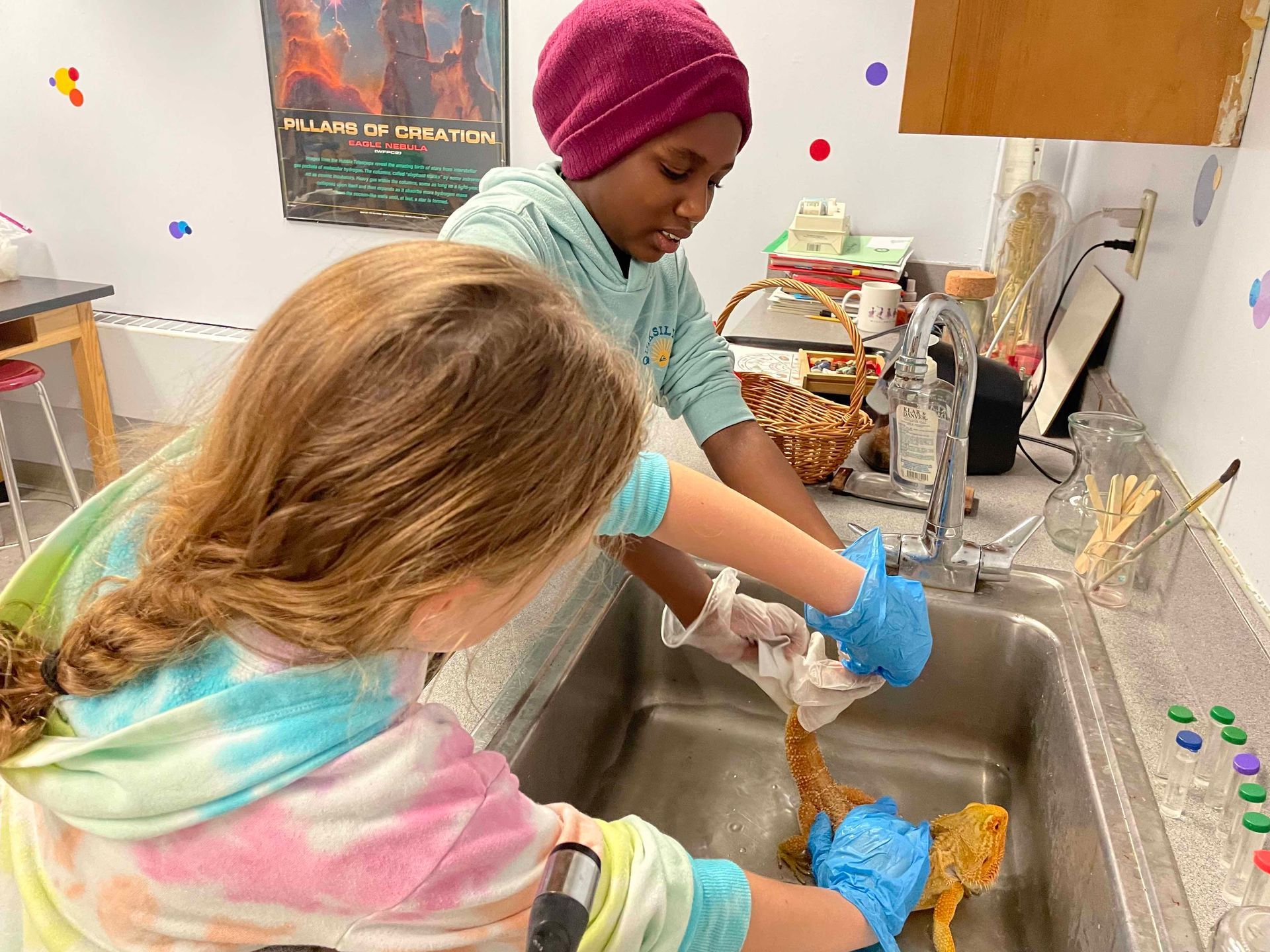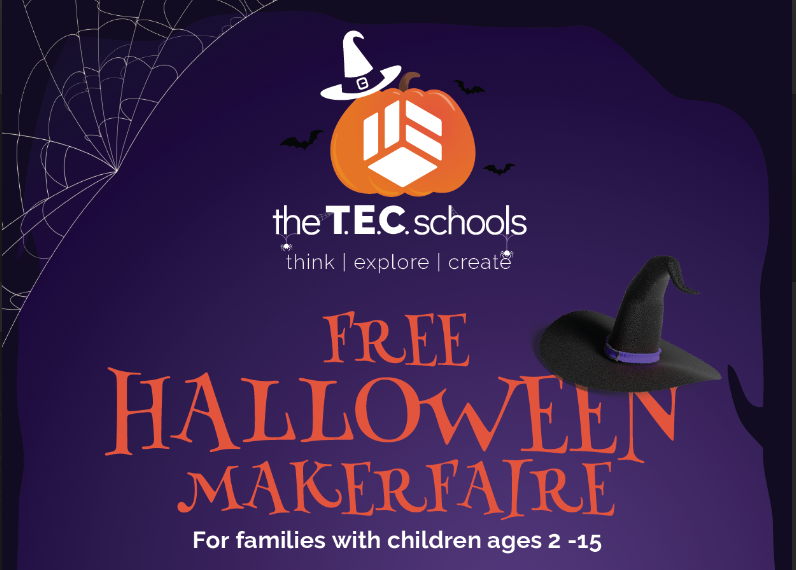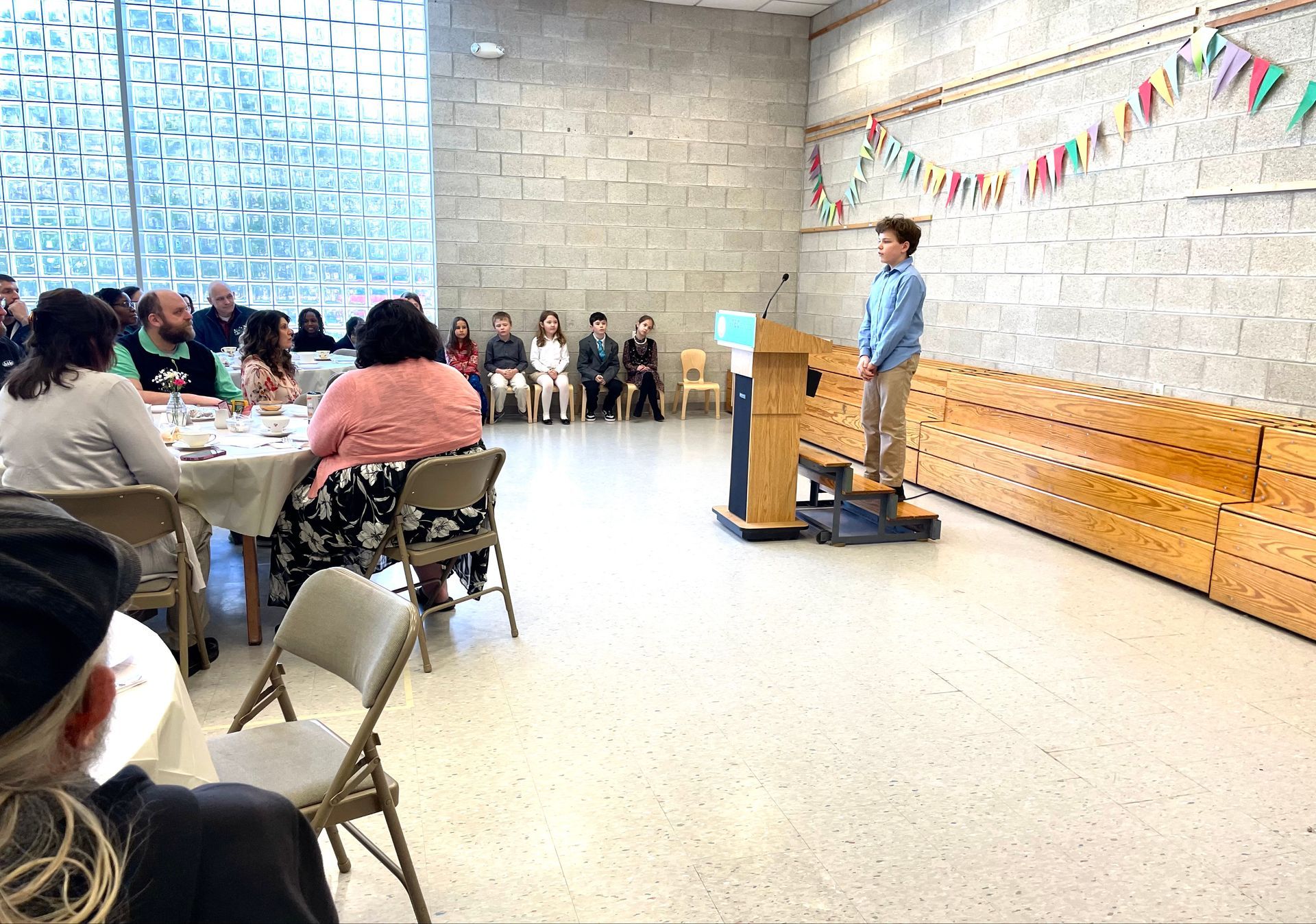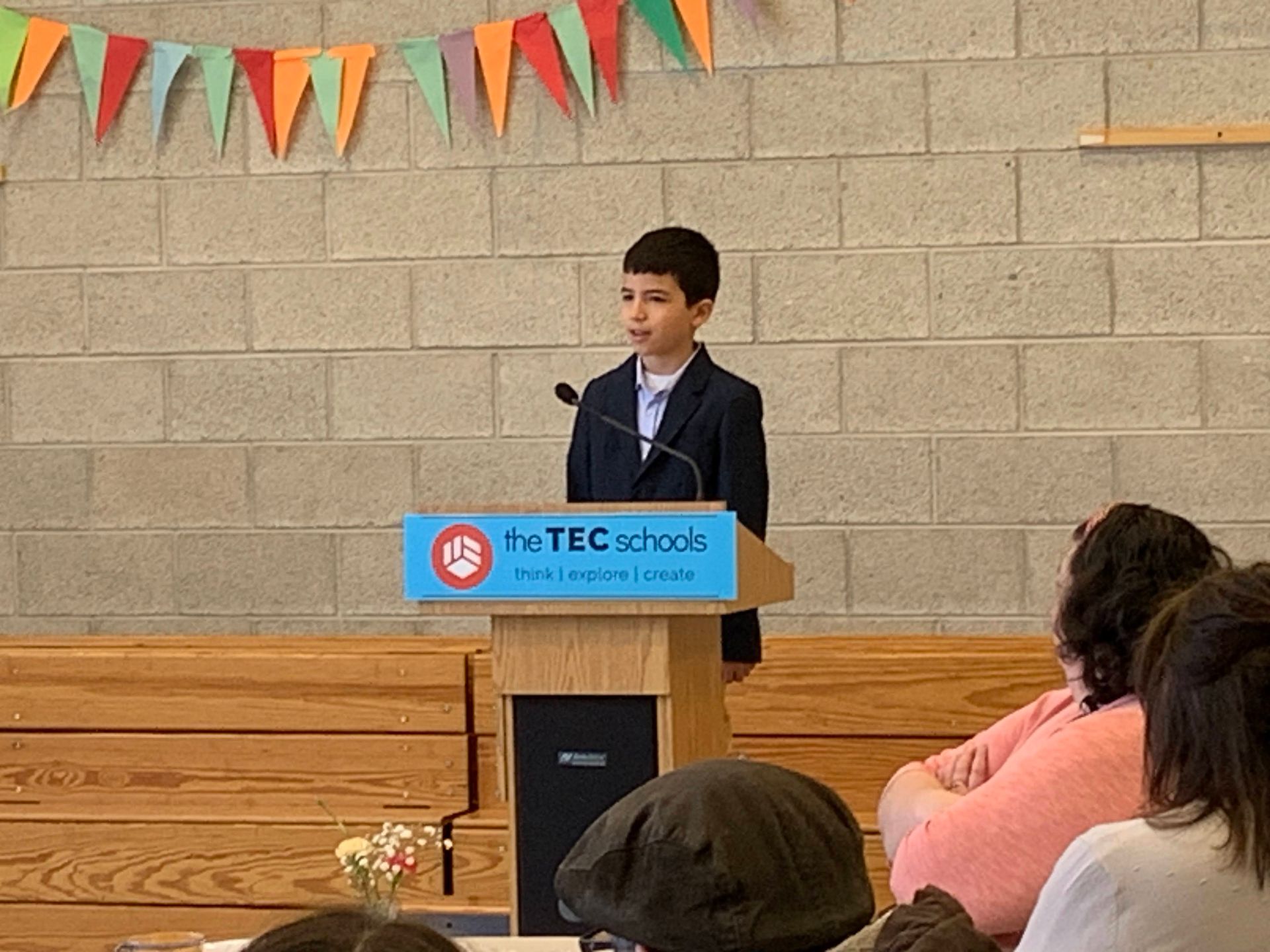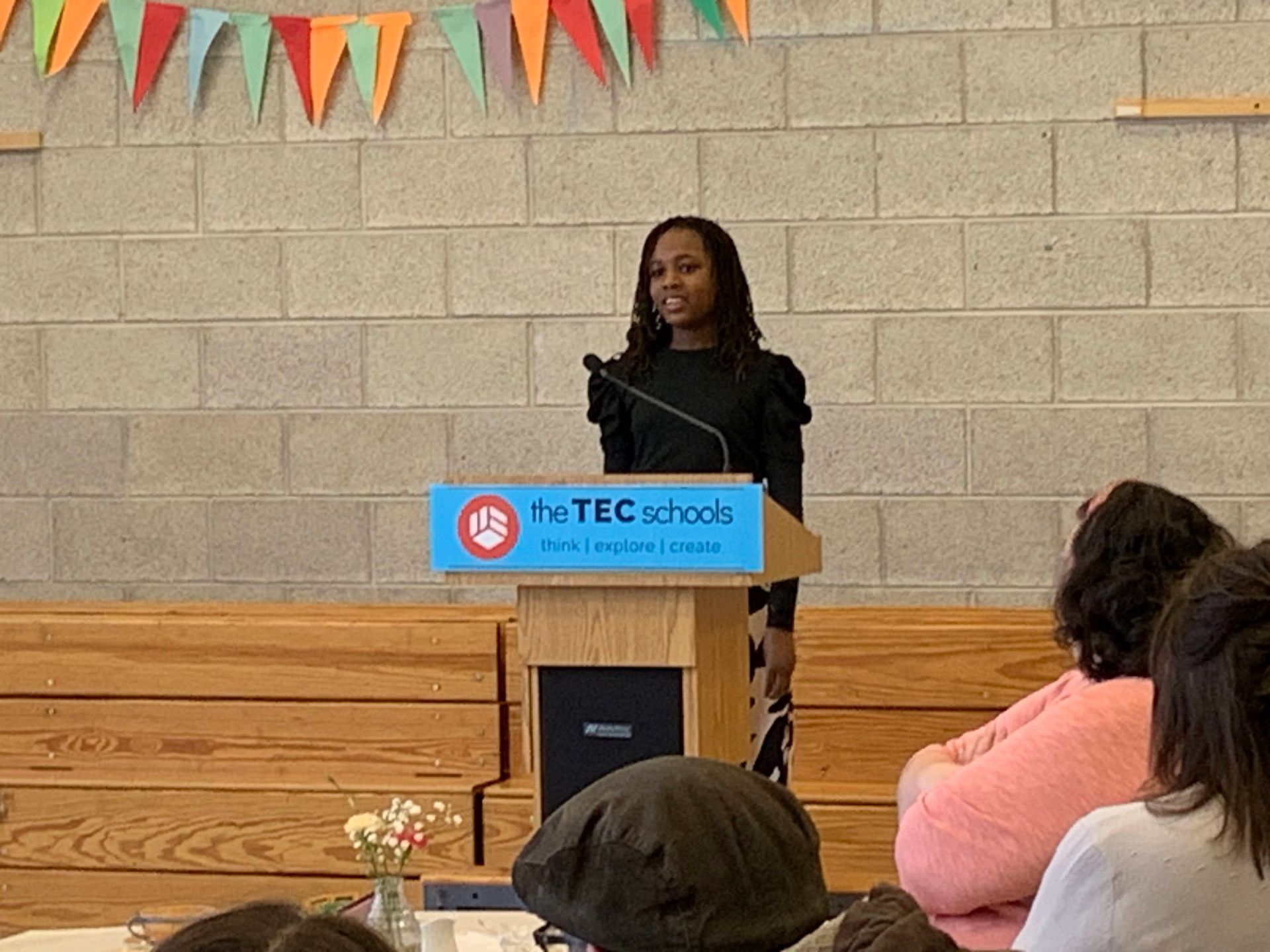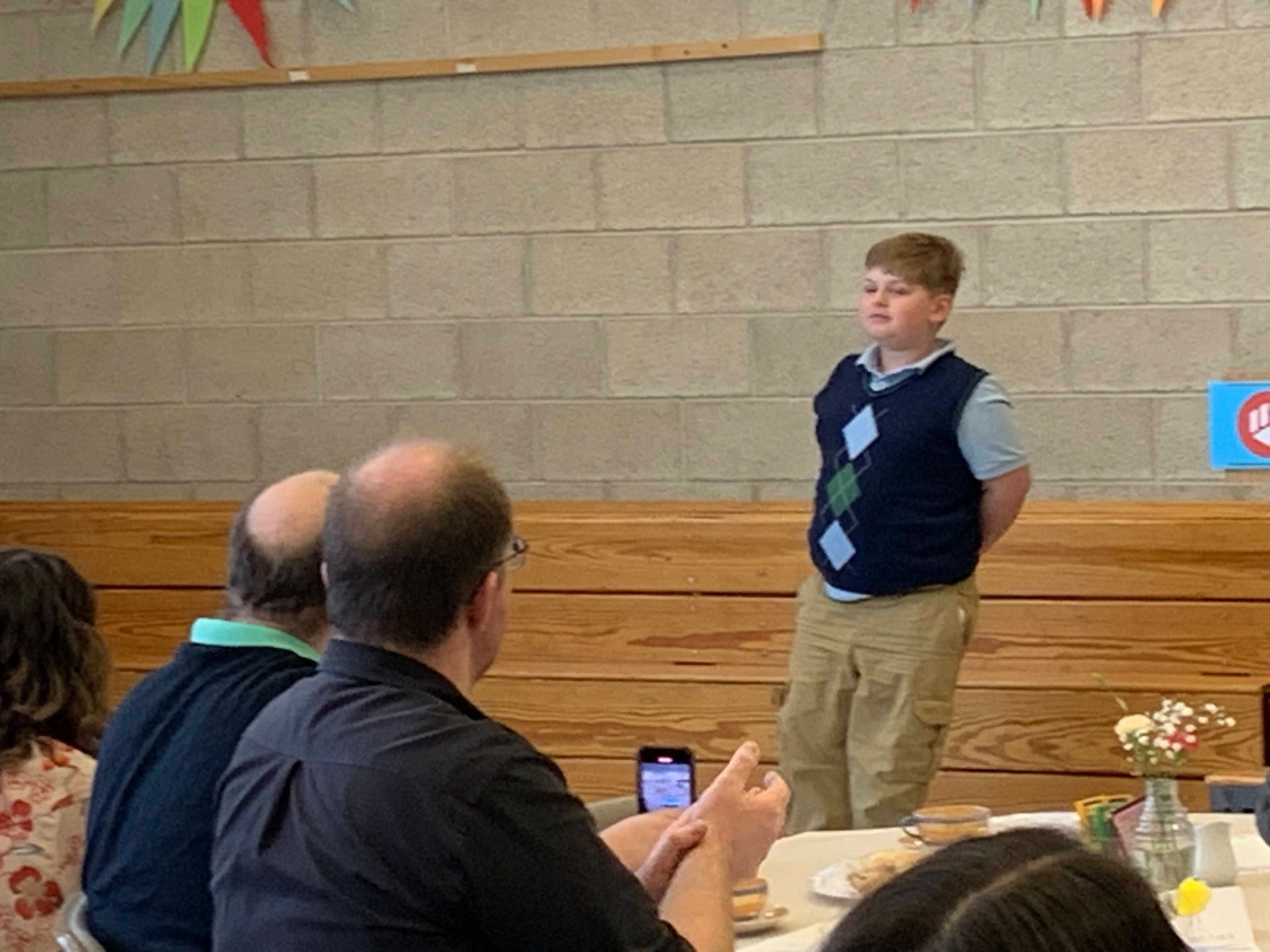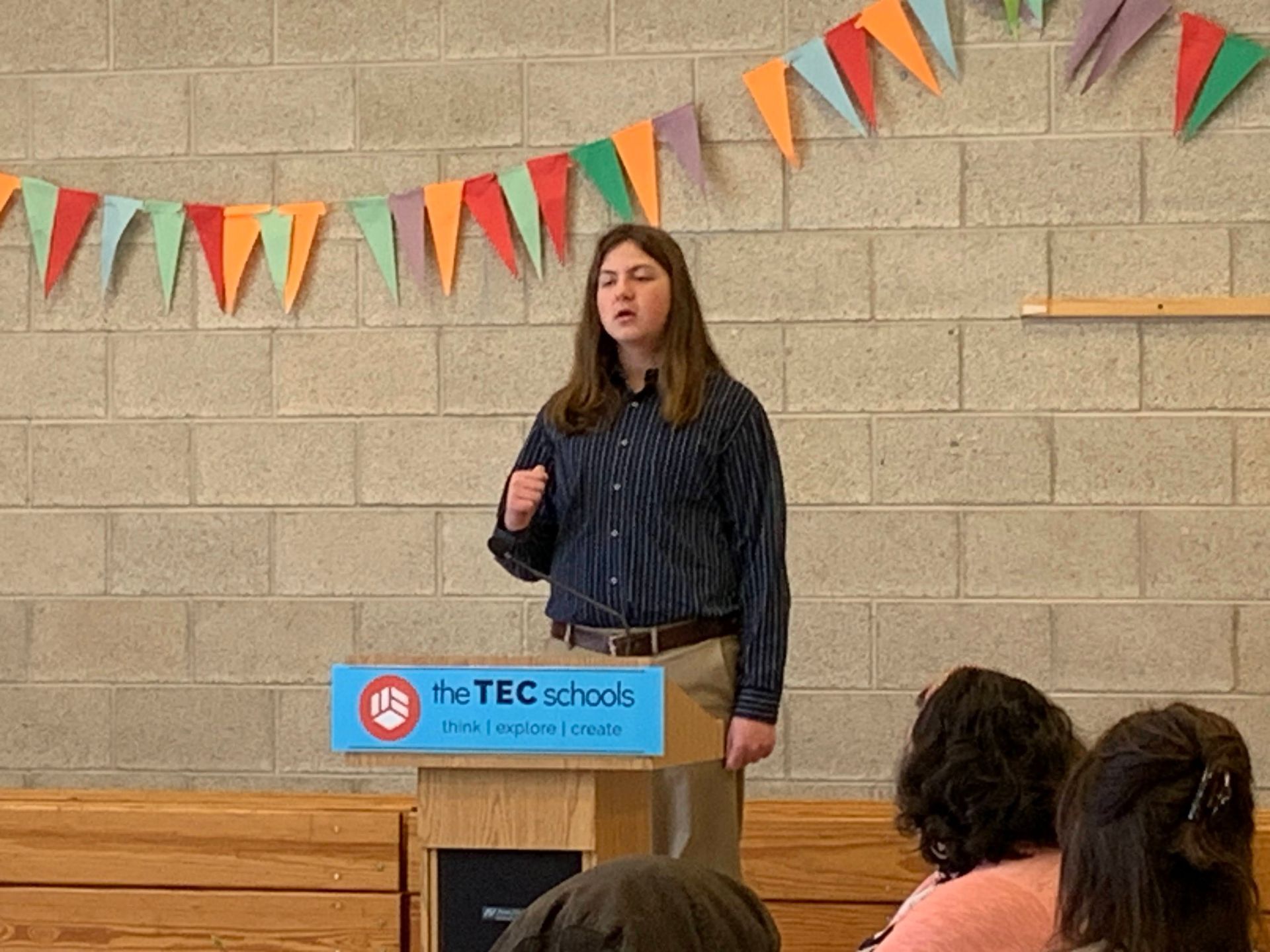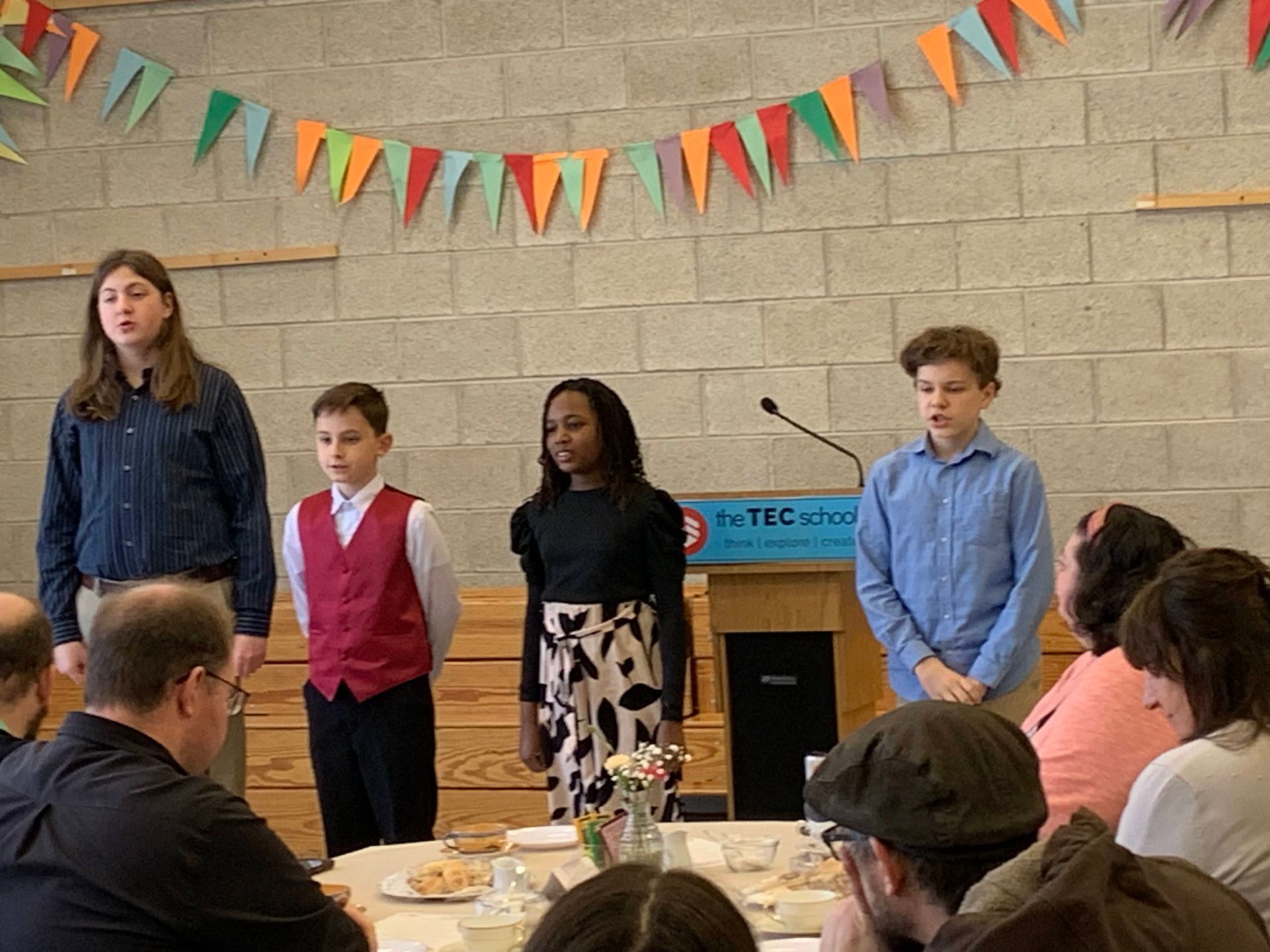
At The T.E.C. Schools, we believe that language is more than just a tool for communication; it is the very fabric of thought, emotion, and connection. Woven deeply into our curriculum is the study and celebration of poetry, a powerful art form that allows us to explore the vast landscape of the human experience. From the earliest rhymes whispered in our Children's House to the complex verses analyzed in our Middle School, poetry holds a vital place in shaping our students' hearts and minds.
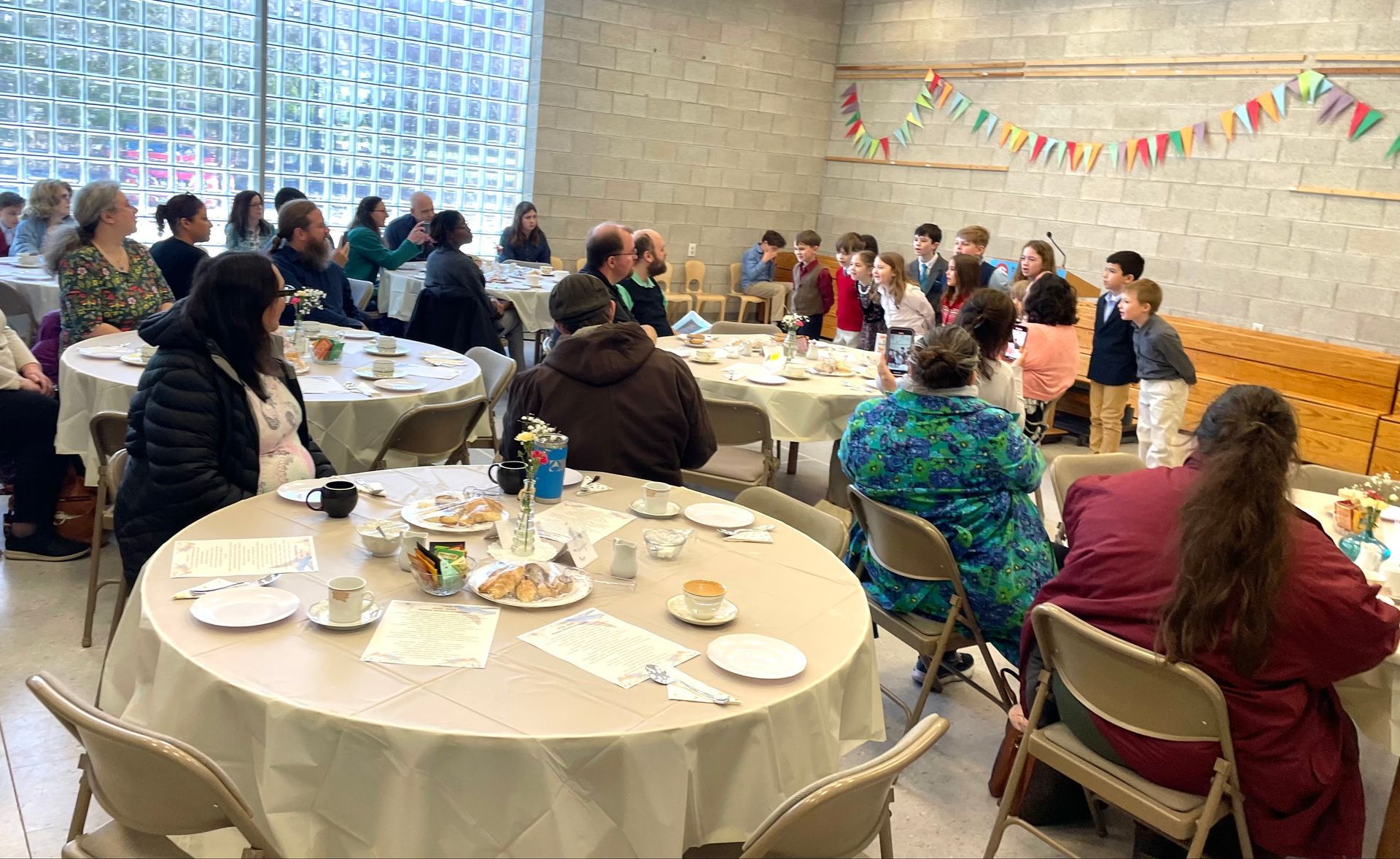
The Cadence of Childhood: Planting the Seeds of Poetry:
Our preschool and kindergarten learners in the Children's House first encounter poetry through the rhythmic cadence of the verse, the playful chime of rhyming words, and the predictable meter, which create an engaging and accessible entry point. They absorb poems through sound and repetition, internalizing the patterns and melodies of language long before they fully grasp the literal meaning. This early immersion lays a crucial foundation, attuning their ears to the beauty and rhythm inherent in words.
Unlocking Emotion: Poetry in the Elementary Years:
As children progress into Lower Elementary, their understanding of poetry deepens. They begin to connect the words on the page with the emotions they evoke. They learn how poets use language to express joy, sorrow, wonder, and anger – the spectrum of the human condition. This understanding fosters empathy and allows them to recognize and articulate their own feelings and those of others.
In Upper Elementary and Middle School, poetry study becomes an integral part of their intellectual and emotional growth. Students actively engage with poetry through reading, writing, analyzing its structure and devices, and, most importantly, enjoying its artistry. They discover how poets across time have grappled with universal themes, offering unique perspectives on life, love, loss, and hope.
Personal Connections: Poetry Inspired by Life:
The beauty of poetry in the T.E.C. curriculum is its connection to the child's own experiences. In Lower Elementary, Liam's poem about nesting dolls, for example, blossomed directly from his fascination with the Nesting Doll work on the Practical Life shelf and the artistic expression he found in a related art project. This tangible link between his hands-on learning and his creative writing demonstrates how deeply integrated our curriculum is.
We also see this connection in Upper Elementary with Donald's weekly poetic creations, his mind naturally "thinking in rhymes." Nnenna finds solace and precision in the concise form of Haiku, capturing fleeting moments with poetic grace. Julian masterfully employs poetic devices, painting vivid imagery that transports his readers.
The Challenge and the Reward: Memorizing the Classics:
The tradition of memorizing classic poems, like Enoch's determined pursuit of sections from Tennyson's "In Memoriam," might seem daunting. Yet, it offers profound rewards. By committing these timeless verses to memory, students internalize the rhythm, the vocabulary, and the emotional weight of the language. These poems become a part of them, offering solace, inspiration, and a deeper understanding of the enduring human condition.
What captivates a child's imagination in poetry?
It is the evocative language that paints pictures in students' minds. It is the rhythm and rhyme that create a sense of musicality. It is the exploration of emotions that resonates with their own inner world. It is the glimpse into different perspectives and experiences that broadens their understanding of humanity.
A Legacy of Language:
Our poetry unit is more than just an academic exercise; it is a powerful force in shaping our students' love for language. It cultivates their ability to express themselves with clarity and creativity, to engage in meaningful conversations, and to connect with the shared human experience through the timeless art of verse. It is a gift that will enrich their lives for years to come, allowing them to find solace, joy, and understanding in the carefully chosen words of poets, both past and present.
Want to delve deeper into our Montessori approach to language and the arts? Watch the full recording on YouTube. And if you're curious about how your child can benefit from this rich learning environment, please call our admissions team at (508) 577-3045.
